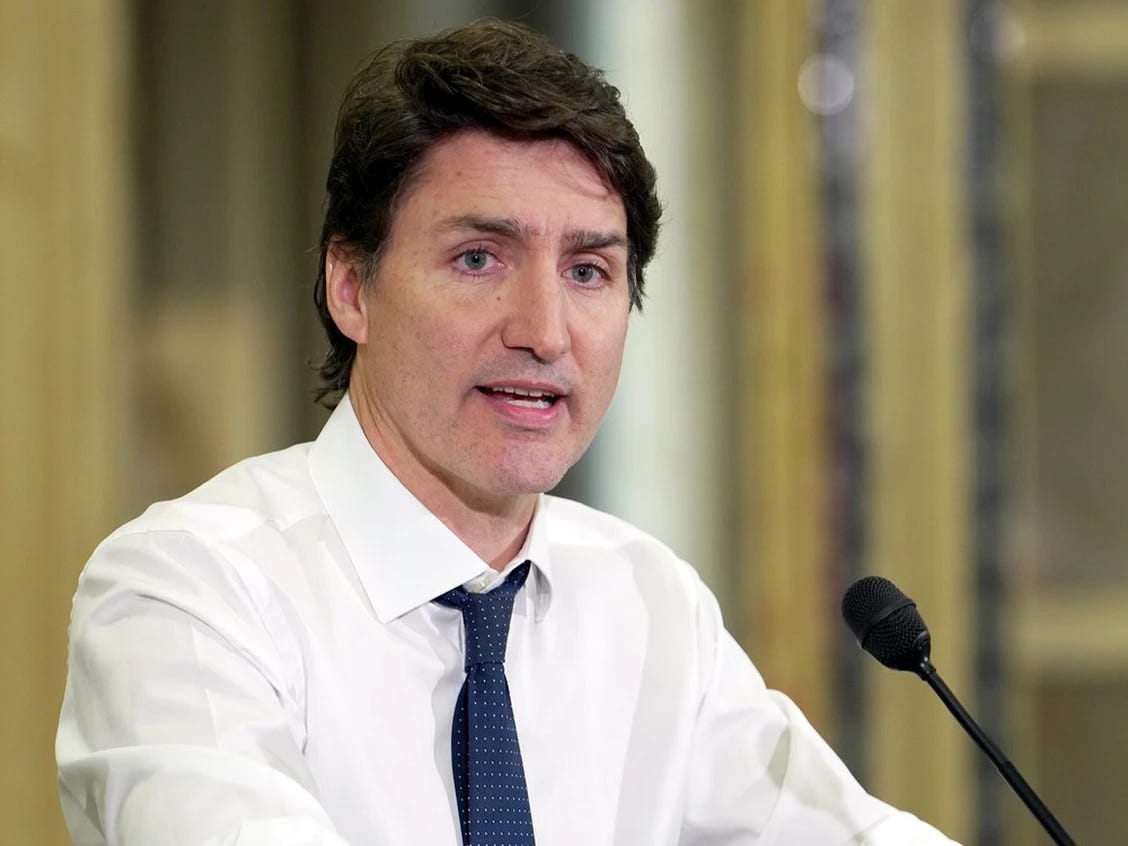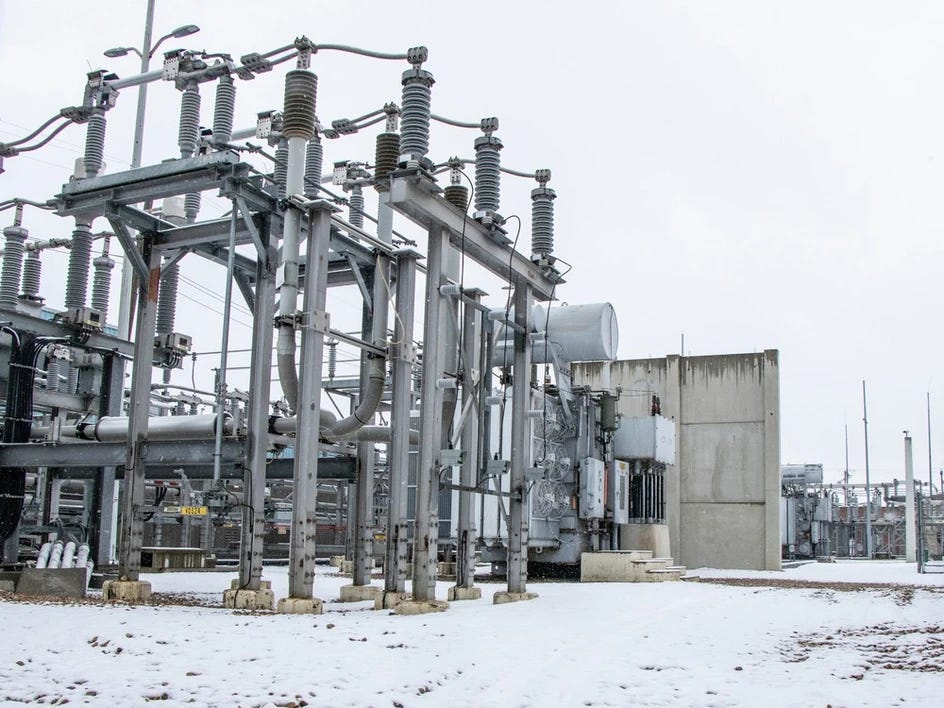Alberta Premier Challenges Trudeau's Carbon Pricing Amid Rising Costs: A Clash of Climate Policy and Economic Concerns
Alberta Premier Danielle Smith, previously supportive of carbon rebates, now criticizes Prime Minister Justin Trudeau's carbon pricing due to its increasing costs. Smith argues that the recent rise in the federal levy, reaching $80 per tonne, invalidates Trudeau's earlier justifications. Trudeau, however, defends the carbon pricing, stating that most families receive more in rebates than they pay. Smith and other premiers have requested a first ministers' meeting on the federal levy, but Trudeau declined, citing previous collaborative efforts on climate change. The disagreement highlights ongoing tensions between provincial and federal governments over environmental policy and economic impacts.
Nova Scotia Premier Joins Call to Scrap Carbon Tax: Push for Meeting with Trudeau Sparks Debate
Nova Scotia's Premier Tim Houston has joined other provincial leaders in urging Prime Minister Justin Trudeau to hold a meeting to discuss carbon pricing. Houston's call, made through a letter shared on social media, emphasizes the need to eliminate the carbon tax to improve affordability for Canadians. Last month, Houston submitted his government's proposals for coastal protection, climate change, clean electricity, and green hydrogen as alternatives to the federal carbon pricing scheme. Trudeau, open to discussions, has received requests from six premiers for a first ministers' meeting on the issue, including Newfoundland and Labrador's Andrew Furey and Ontario's Doug Ford. The federal carbon price includes quarterly rebates, benefiting families in rural areas, with the next payment expected on April 15.
Drought Threatens Natural Gas Production Amidst Anticipation of Canada's First LNG Export Terminal
A new report warns that persistent drought conditions in Western Canada, particularly in northeast B.C. and northwest Alberta, pose a significant challenge to natural gas producers. As the region is the hub of Canada's natural gas drilling industry, water shortages could disrupt operations, especially since hydraulic fracturing, the primary method of gas development, requires significant water usage. Despite the anticipated increase in demand for natural gas due to the opening of Canada's first liquefied natural gas (LNG) export terminal in Kitimat, B.C., the drought complicates matters for the industry. Companies may face additional costs and logistical challenges related to water management, potentially impacting operations and necessitating the exploration of alternative water sources such as recycled water.
Alberta's $5 Billion Water Conservation Plan: Battling Supply Challenges in the South
The Alberta Irrigation Districts Association has put forth a $5-billion proposal for water storage and conservation in the province's southern regions, where water supplies are becoming increasingly strained. The plan, outlined in a recent report, aims to address growing pressure on water resources due to population growth and the impacts of climate change. The proposed projects include eight water storage initiatives and wetland developments to regulate water availability throughout the year and mitigate runoff. Association director Margo Redelback emphasizes the importance of managing these projects to ensure sufficient water remains in rivers and streams for environmental purposes. The report suggests that implementing these initiatives could stimulate up to $6 billion in economic activity.
Senior Official Reveals Consideration of Public Warning on Foreign Election Interference, Decision Against it
A senior official testified at a federal inquiry revealing that a panel of top bureaucrats contemplated warning the public about potential foreign interference in the last general election but ultimately decided against it. The decision stemmed partly from the belief that any misinformation campaign was likely confined to the Chinese diaspora. Despite concerns about misinformation on platforms like WeChat during the 2021 campaign, the panel opted against issuing a public warning due to factors such as the absence of conclusive evidence linking the campaign to China and the nature of the information circulated. The inquiry also uncovered attempts at foreign interference by other countries like Pakistan and India, with varying levels of impact on Canadian politics.
Former Hydro Employee Pleads Not Guilty to New Charges in Alleged China Spying Case
Yuesheng Wang, a former employee of Quebec's hydro utility accused of spying for China, pleaded not guilty to new charges related to preparatory acts for a foreign entity. These charges follow his initial charges in November 2022 under Canada's Security of Information Act. Wang is accused of providing information about Hydro-Québec to Chinese entities and participating in China's Thousand Talents program. Prosecutors argue that Wang promised to transfer technology to China, impacting Hydro-Québec's intellectual property. Wang, who denies the accusations, is seeking access to 78,000 email exchanges from his former employer's computers to aid in his defense. Prosecutors oppose this, stating that they don't possess these documents and that the defense hasn't justified their necessity. Further arguments are scheduled for early May.
Trudeau Pledges $600 Million to Accelerate Home Construction Amid Housing Crisis
Prime Minister Justin Trudeau announced a $600 million initiative to expedite home construction across Canada, particularly focusing on innovative techniques like modular construction. The announcement was made in Calgary, a city grappling with housing shortages exacerbated by population growth. The programs aim to alleviate the burden on Canadians struggling with housing affordability. Trudeau emphasized the need for rapid home construction, highlighting indoor modular building's efficiency compared to traditional methods. Opposition parties have criticized the initiatives, suggesting they won't effectively address housing challenges. This announcement follows a series of recent housing-related pledges by the federal government, totaling around $25 billion.
Edmonton Hit by Rolling Blackouts Amid Gas Plant Outage: Grid Alert Sparks Power Concerns
Thousands in Edmonton experienced rolling blackouts after a gas plant outage prompted a provincewide grid alert. AESO cited "tight supply" due to planned outages, wind generation shortfall, and the gas plant failure. EPCOR reported 20,000 customers affected, with outages lasting up to 30 mins. Premier Smith emphasized the need for consistent baseload power, while critics demanded grid management accountability. Experts stressed the importance of a diverse power portfolio amid ongoing grid transition challenges.











